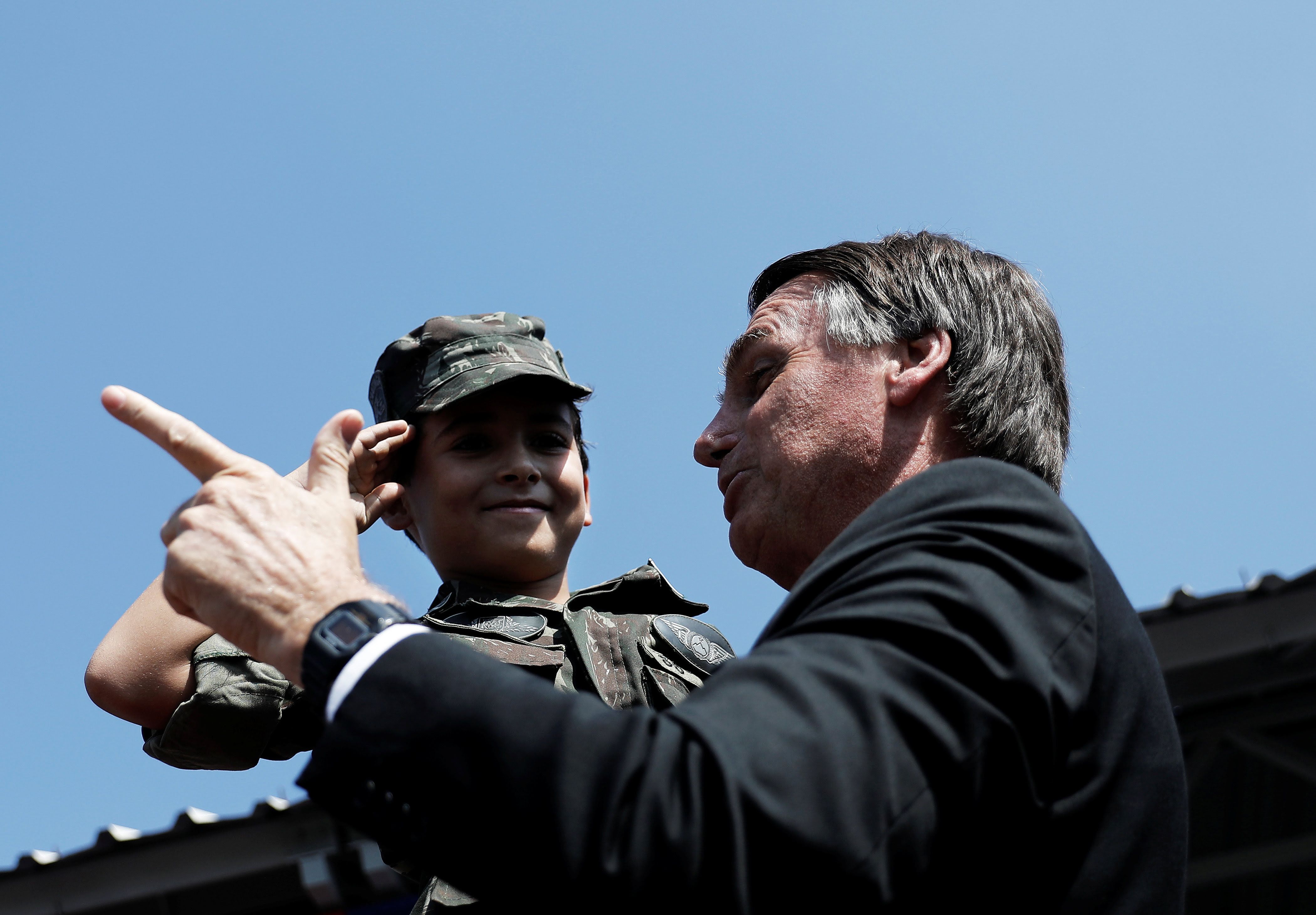July 06, 2018
We opened this week with the landslide win for Andrés Manuel López Obrador in Mexico. Let’s close the week by placing his victory in line with a broader international trend, one highly likely to continue.
In the United States, Donald Trump was elected president in 2016 without ever having run for office. He won in part by promising to upend his party’s traditional view of trade and immigration. He has kept those promises.In France, Emmanuel Macron was elected president in 2017 without ever having run for office. In that election, the center-right and center-left parties that had dominated French politics since World War II finished in third and fifth place, respectively, in the first round of presidential voting. The political party Macron invented in April 2016, La République en Marche, holds a solid majority in France’s National Assembly.
In Germany, the center-right CDU experienced its poorest performance since 1949 in the 2017 election. Its coalition partner, the center-left SPD, had its worst showing since World War II. The Alternative for Germany, the first far-right party to win seats in the Bundestag since the war, is now the country’s largest opposition party.
In Italy, traditional parties of center-left and center-right combined to win less than one-third of the vote in the March 2018 elections. The current coalition government is led by a party founded in 2009 by a professional comedian (Five Star) and a rebranded separatist party (Lega). Those two (very) different parties have captured Italy’s current political mood.
In Mexico, López Obrador, known as AMLO, will be the first president since 1929 who doesn’t come from one of the country’s main political parties. In fact, AMLO’s Morena Party was created just four years ago.
These political earthquakes don’t represent a clear shift to the right or left. Macron is a centrist. Germany’s AFD is far-right. AMLO is Mexico’s first leftist president since the 1930s. Instead, these election results are obvious, outright rejections of familiar political faces and establishment parties of both the left and right.
Who’s next? Watch Brazil.
The current frontrunner in opinion polls ahead of Brazil’s October presidential election is Jair Bolsonaro (pictured above), a man who has inspired both admiration and revulsion in this polarized country with his open admiration for military rule. (The military ruled in Brazil from 1964-1985.) Bolsonaro joined the party he will lead, the Social Liberal Party (PSL), just six months ago. The PSL currently holds just nine of 513 seats in the lower house of congress and zero of 81 seats in the upper house.
More For You
- YouTube
On Ask Ian, Ian Bremmer breaks down the steady escalation of US pressure on Venezuela and why direct military action is now a real possibility.
Most Popular
Global conflict was at a record high in 2025, will 2026 be more peaceful? Ian Bremmer talks with CNN’s Clarissa Ward and Comfort Ero of the International Crisis Group on the GZERO World Podcast.
- YouTube
On Ian Explains, Ian Bremmer takes a look at the growing surge in global conflict and the ripple effects of so much violence, war, and armed struggle throughout the world.
Immigration and Customs Enforcement (ICE) agents check the identity documents of a group of agricultural workers at a grocery store parking lot during an immigration raid in Mecca, California, U.S. December 19, 2025.
REUTERS/Daniel Cole
A year into US President Donald Trump’s second term, America’s immigration policy has undergone one of its most sweeping resets in decades.
© 2025 GZERO Media. All Rights Reserved | A Eurasia Group media company.
